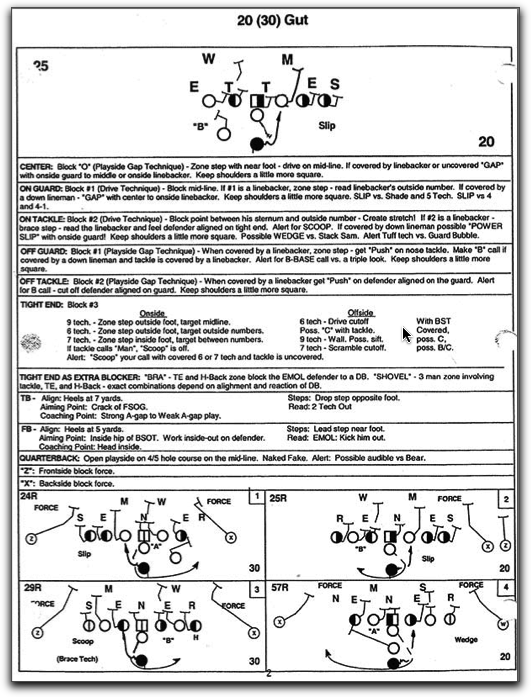Realizations on Father's Day
This Father's Day having just spoke to my Dad on the phone, (we live about 300 miles apart and sadly do not get to visit as often as we should), I realize that I am very lucky to still have him around to talk with.
Some readers of this blog may remember that my Dad fell extremely ill in the first part of this year, and it was nothing short of remarkable that he came through (after a long fight), and is now home and seemingly his old self again. But I know there is likely some lingering damage, a person can't undergo such a physical and mental trial and not have after effects. Ali and Frazier both were never the same after the Thrilla in Manila, despite continuing their careers for some time after.
But such is life, and for now having Dad with as always on Father's Day is a great feeling.
I am not going into the usual section about how dedicated and wise Dad is (and he is), how he always put the family's needs ahead of his own (he did), and how he set a daily example of responsibility, integrity, and care (he did all those things).
My standard line I like to use about my Dad is this: By age 25 my Dad had graduated from college, served his country as an officer in a war, gotten married, had two children, landed a professional job, and bought his first house. My top accomplishment at age 25 was I think I had seen all of the 'Planet of the Apes' movies.
I think it is easy (at least for me) to fall into the trap of thinking that the world has changed so much, become so fast, complex, nuanced, etc. that 'old school' men (and women) like my Dad, (and possibly yours), are not able to keep up, and not equipped to really help and advise us like they did back in the day. Just like our parents tried to shelter and protect us when we were kids, I think many of us do the same thing today in reverse.
Who wants to admit to your Dad, who was your hero, especially as an adult that somehow you are failing, or indecisive, or somehow falling short of the standards and examples that they held up for a lifetime?
There is a strange cycle with our perceptions of our parents. When we are kids we don't think they know anything about us. We become young adults and start having our own families and for a time realize our parents really were on the ball and were right about many (if not most) things. But then we get a bit older (and they do as well), and we start to see them less as trusted advisors, and more as gentle, fragile people that are no longer equipped to grapple with life's complexity.
But the thing is, this cycle of perception makes no sense, our parents are not the ones that are changing, it is us.
If you are lucky enough to have your Dad with you today, I hope you feel blessed. I know I do. And I hope you remember that despite age, illness, or quirks of personality, that Dad is still the hard-working, honest, caring, and wise man he always was.
He has never changed.
Happy Father's Day to all the Dads.

 Steve
Steve





